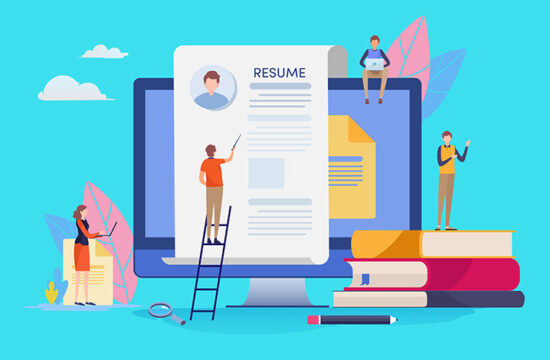Do you have a Plan B?
By Deborah Jeanne Sergeant
If this is your last semester, congratulations! You’re almost there! But what next? If you don’t have a job lined up and one doesn’t materialize by graduation, what then?
• Don’t despair. “Sometimes students underestimate the time it takes to find a job,” said Meg Osborne, coordinator of Career Services with Cayuga Community College.
• Be patient. “The average job search is a three- to five-month process, so don’t be discouraged,” said Taeko Kelly, business career coach with SUNY Oswego.
• Get some type of employment. Those student loans aren’t going to pay themselves. Snap up something that will keep money rolling in. Working now also demonstrates your tenacity to future employers. “If their job search is going on for significantly longer than anticipated, we might help them make a short-term plan to make some money now that has flexibility so they can look at a job,” Osborne said.
• Keep working. If you already have a part-time job, ask your employer if you can go full-time. Or seek another part-time position.
• Look online. “We can make sure you are aware of the full array of online resources available to you to identify the best opportunities, discuss networking strategies, including utilizing your LinkedIn account to the fullest potential, and more,” Kelly said.
• Expand your networking. If all you do is network online, you need to get out there and mingle face-to-face. Attend industry expos, ask your parents for help in contacting people they know, and talk with people about your industry. Who knows — a chance encounter in a coffee shop could result in your first job.
• Contact your school’s career development office. They can help you connect with potential employers and help you stay apprised of openings that could interest you. “As a SUNY Oswego alum, you can forever take advantage of Career Services for free, so I recommend scheduling an in-person or phone appointment with a career coach to ensure that your resume, cover letter and interviewing skills are as competitive as possible,” Kelly said.
• Attend a career fair. While you likely won’t walk out of there with a new job, handing out business cards and resumes may help you make some good connections.
• Go to workshops. While learning more right now seems like the last thing you want to do, workshops related to your industry or skill set can help you connect with industry leaders. It also demonstrates that you really love your industry.
• Volunteer. Use your skills or get involved with your industry. They may want to hire you. Or perhaps an organization associated with them could become interested. Plus, you’ll gain more industry experience.
• Compromise a bit. “The closer to graduation, the broader should be their search for the geographic region and the type of job in the industry,” said Cara Battaglia, job placement specialist with Cayuga Community College












